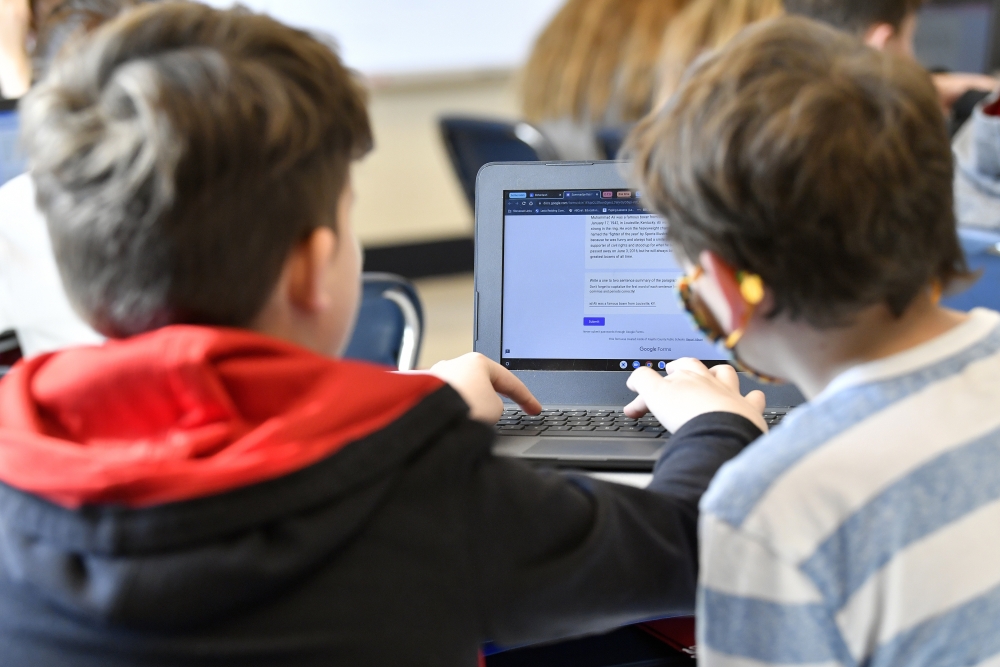Is Technology Undermining Maine's Students? A Teacher's Urgent Concerns

Maine has a proud history of innovation – famously being the first state to enact Prohibition and, more recently, pioneering 1-to-1 computing in schools. But as a language teacher, I'm deeply troubled by a stark contradiction: while we've embraced technology, our students' reading scores are plummeting, placing us at the bottom of the national rankings.
Google’s AI Overview proudly highlights Maine's technological leadership. While this recognition is flattering, it’s crucial to examine the consequences. Are we so focused on providing devices that we’re neglecting the foundational skills necessary for genuine learning and critical thinking? The rush to integrate technology into the classroom, without a corresponding focus on literacy, is a recipe for disaster.
The allure of tablets and laptops is undeniable. They offer access to a vast ocean of information and the promise of personalized learning. However, the reality often falls short. Many students are using these devices for passive consumption rather than active engagement with the material. They’re scrolling through social media, playing games, and watching videos instead of reading, analyzing, and writing.
Furthermore, the very nature of digital content can hinder deep reading comprehension. Short, fragmented snippets of information, designed for quick consumption, train the brain to skim rather than to delve. This impacts the ability to process complex arguments, understand nuanced perspectives, and develop critical thinking skills – all of which are essential for success in the 21st century.
I've witnessed firsthand the decline in students' ability to focus, concentrate, and engage in sustained reading. Their attention spans are shrinking, and their vocabulary is limited. They struggle to decipher complex sentences and grasp the underlying meaning of texts. The constant barrage of notifications and distractions from their devices further exacerbates these problems.
It's not technology itself that's to blame. Technology is a tool, and like any tool, it can be used for good or ill. The problem lies in how we're using it in our schools. We need to shift our focus from simply providing devices to ensuring that students develop the literacy skills necessary to use them effectively. This means prioritizing reading instruction, promoting a love of books, and creating a classroom environment that fosters deep engagement with the material.
We need a serious conversation about the role of technology in education. Are we truly enhancing learning, or are we inadvertently undermining it? Maine's history demonstrates our capacity for innovative leadership. Let's apply that same leadership to address this critical challenge and ensure that our students are equipped with the skills they need to thrive in a rapidly changing world. Ignoring this issue will only perpetuate the downward trend in reading scores and leave a generation of Maine students ill-prepared for the future.
It's time to ask ourselves: are we building a generation of digital consumers or critical thinkers?






